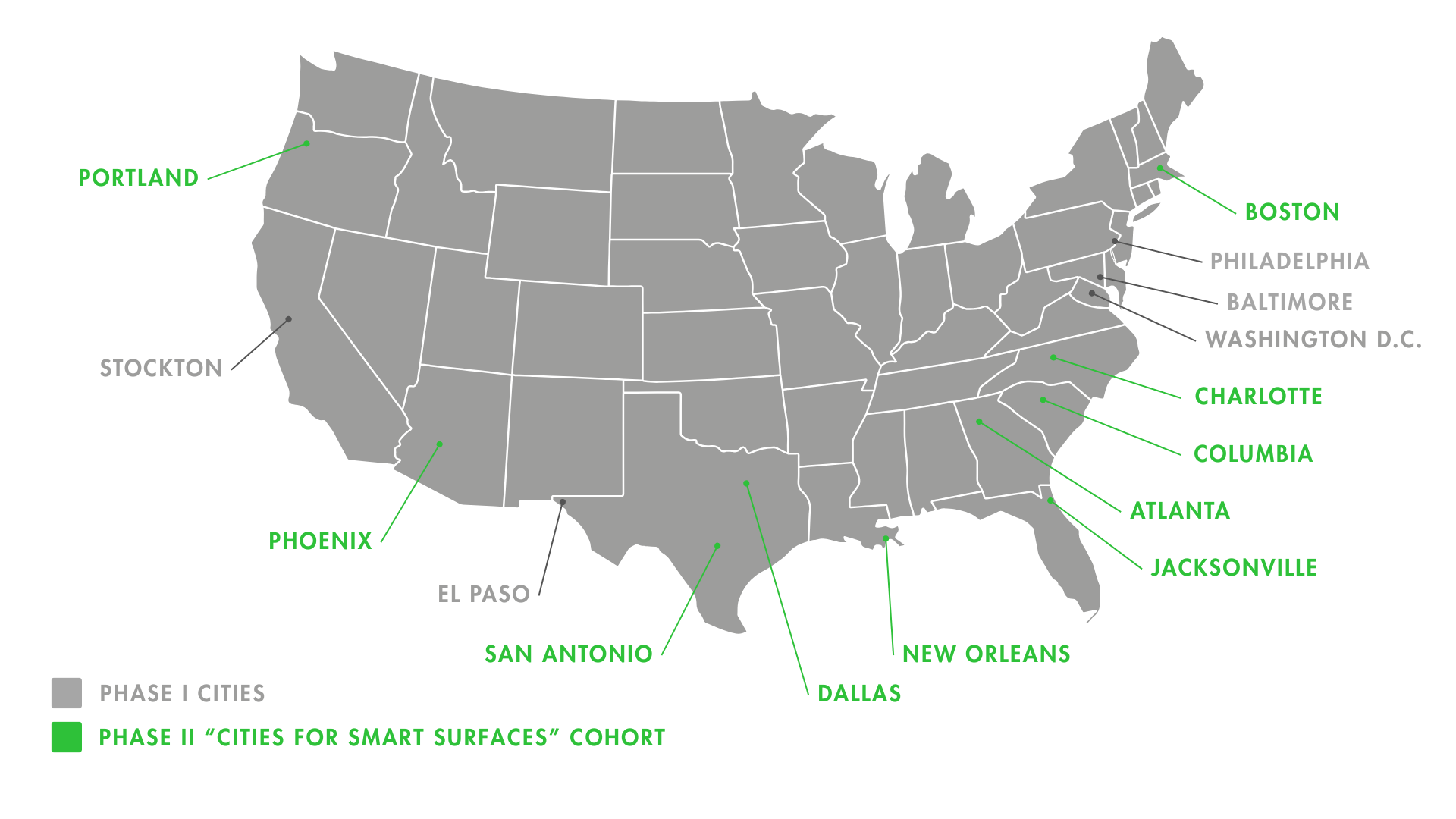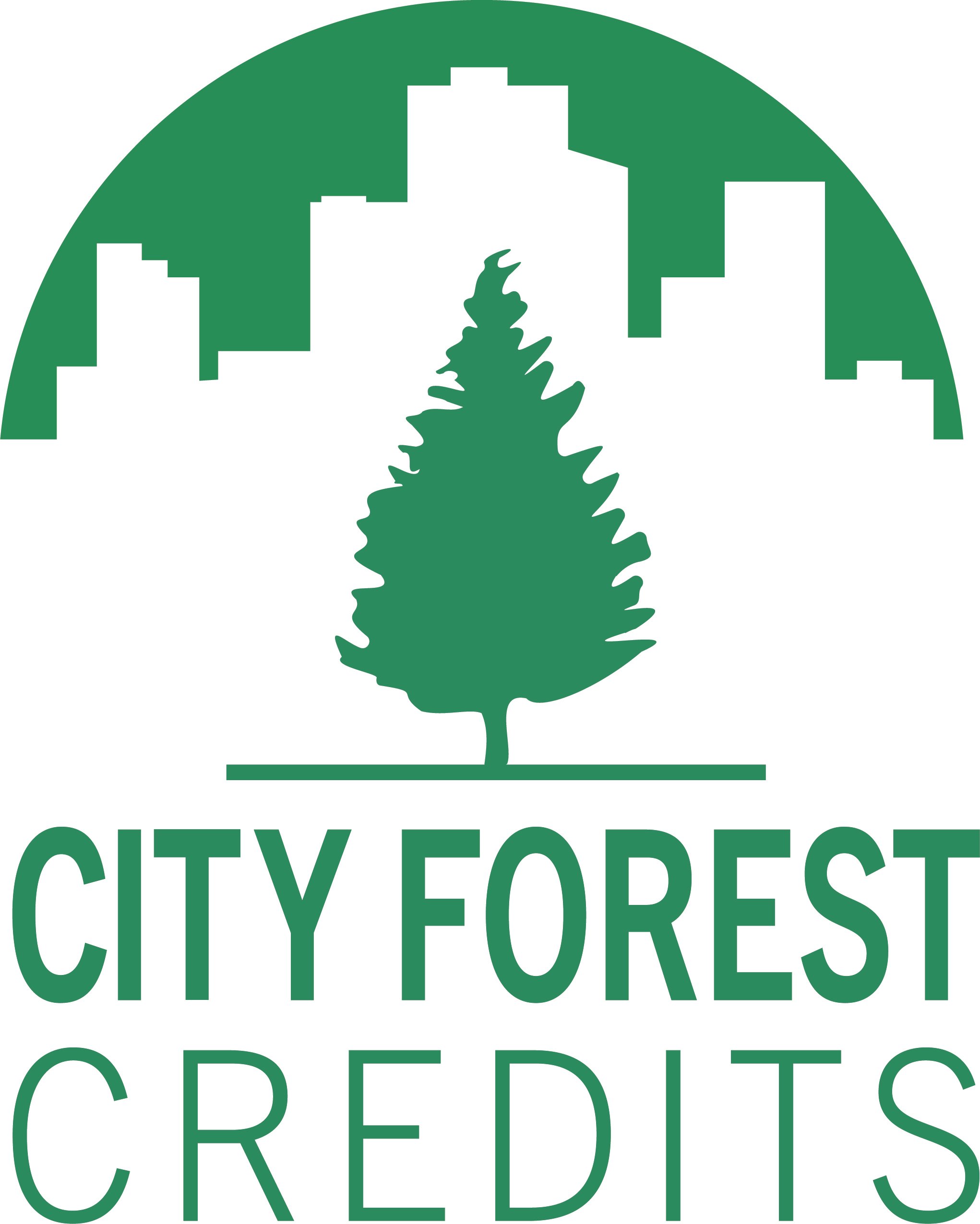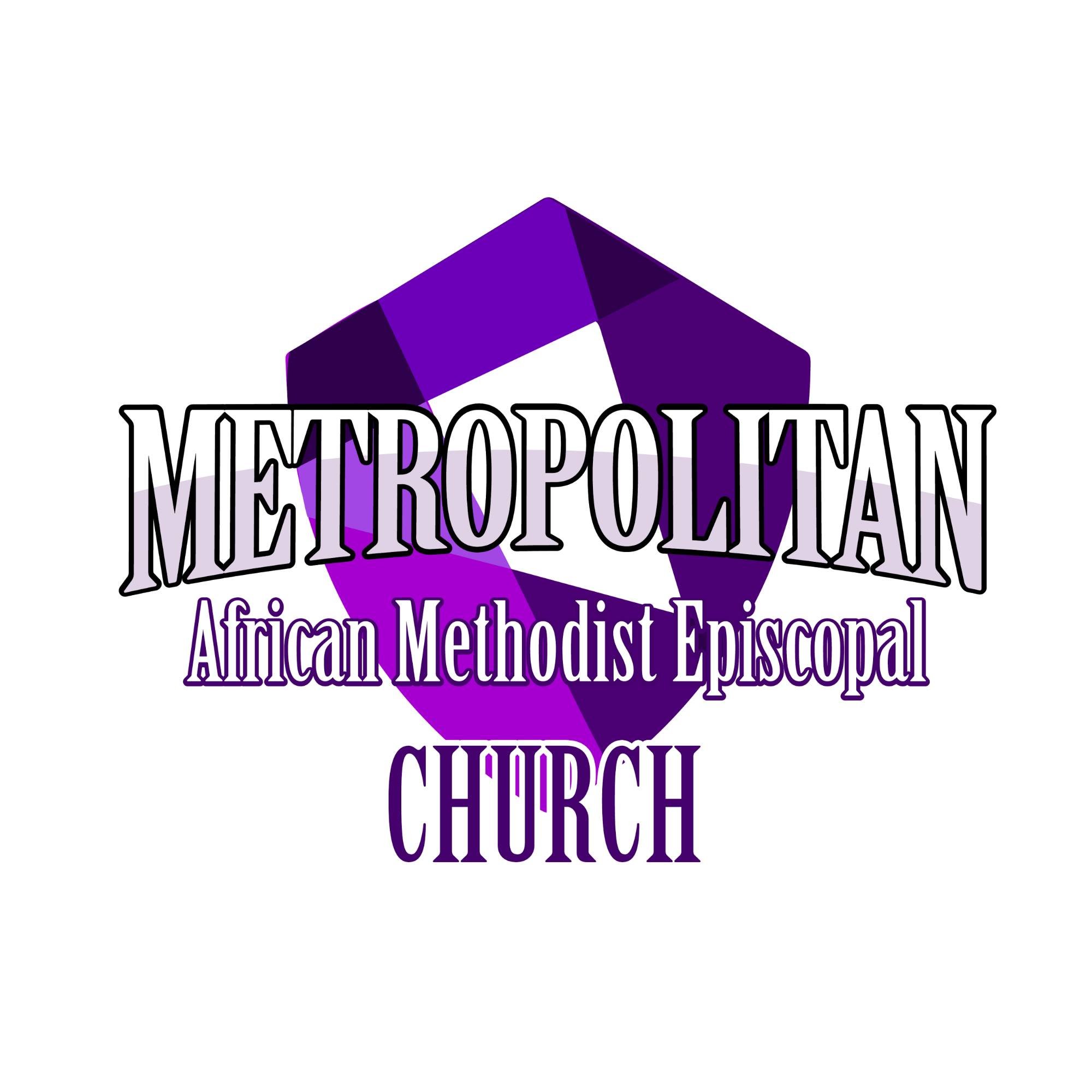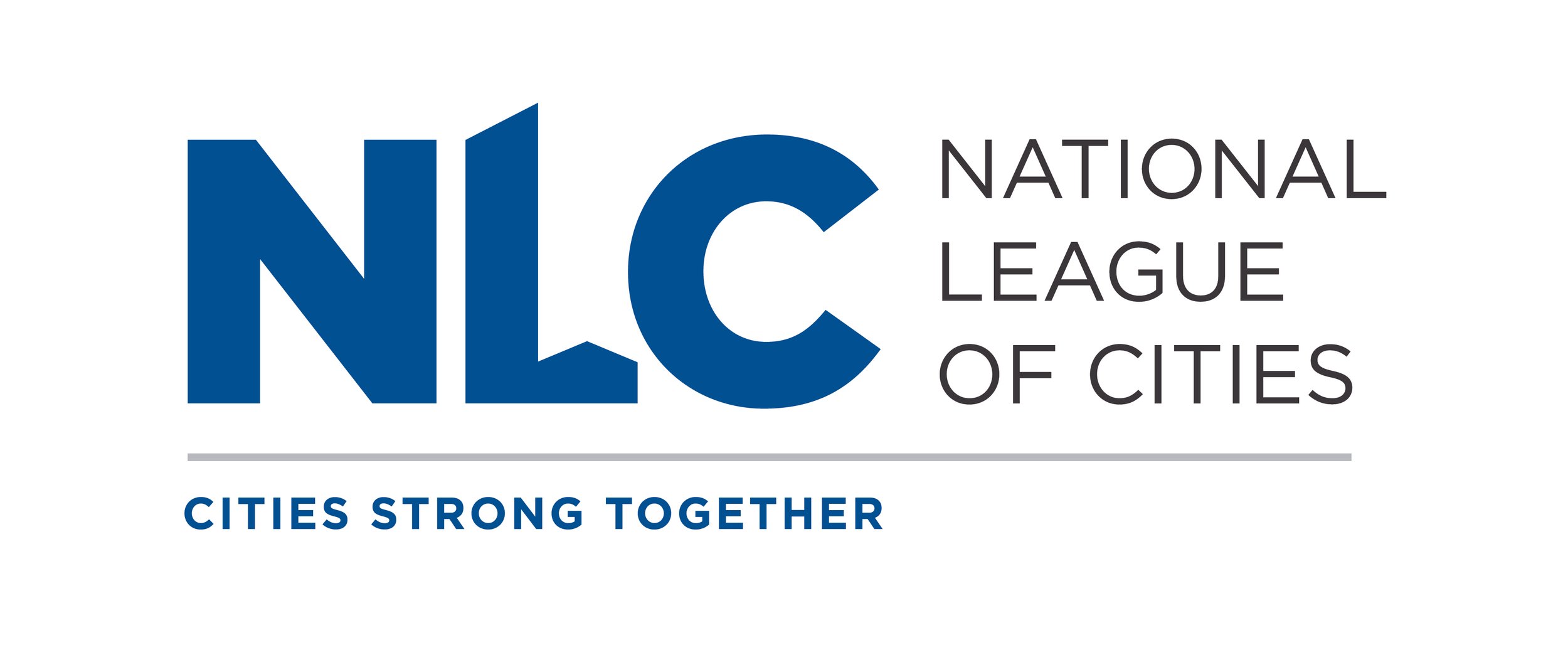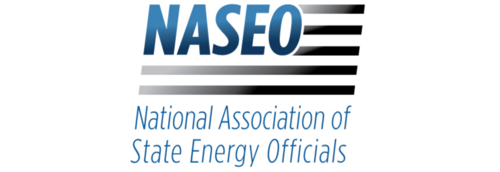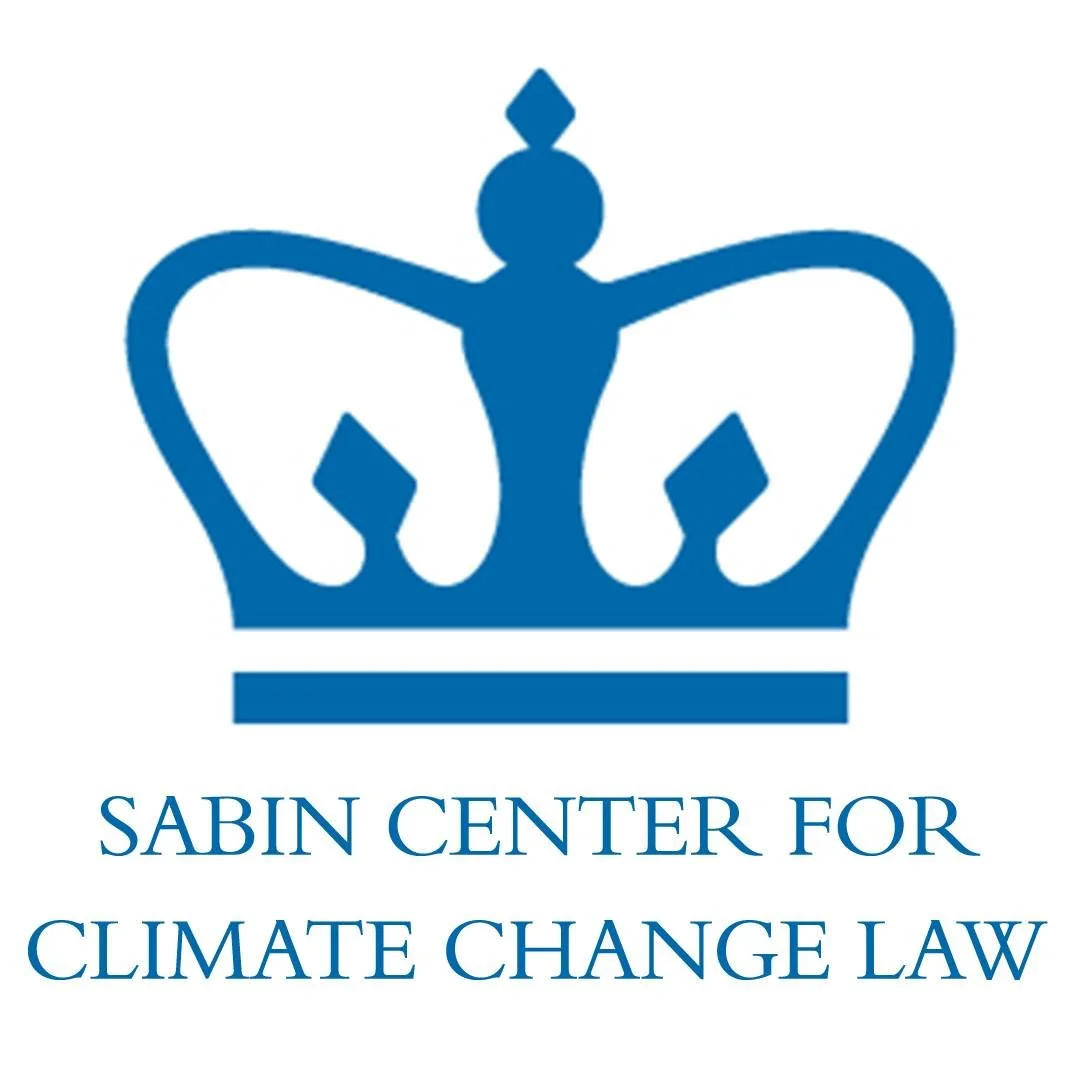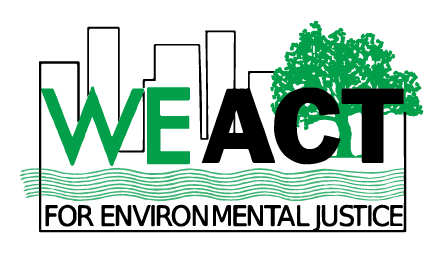Cities for Smart Surfaces
Smart surfaces deliver life-saving heat and flood reductions, save money, and address historical inequities across metropolitan regions.
Our Work With Cities
We are partnering with 10 cities across the U.S. to facilitate the adoption of Smart Surfaces at the municipal and metropolitan governance level and support community-led, local Smart Surface implementation projects.
Key Findings: Smart Surface adoption across 10 major U.S. metro areas - home to 34 million people - would deliver $26 billion in public health benefits, $10 billion in electricity bill reductions, and $35 billion in infrastructure savings, while also reducing or offsetting 246 million metric tons of CO₂e and managing 969 billion gallons of stormwater.
What are Smart Surfaces?
For this project, our Coalition will support city staff and local organizations with:
Data: Detailed satellite imagery, analysis, and mapping of resilience opportunities metropolitan area-wide, with accompanying micro-meteorological heat models
Education: Extended training with municipal staff and community organizations on Smart Surface technologies and their many benefits
Benefit-Cost Analysis and Geospatial Analysis Web Tools: Online tools designed to enable city staff and community leaders quantify and communicate the impacts of implementing Smart Surfaces, and identify priority sites for implementation
Funding Guidance: Work with city staff to identify federal infrastructure funding opportunities and develop effective applications to secure funding for Smart Surface implementation projects
Policy Research and Database: Recommendations and policy templates to support the integration of Smart Surface strategies into municipal policies, plans, and programs, as well as a database of 2,000 Smart Surface policies from every state
FAQS
-
Please see the following materials for additional information on Smart Surfaces and the Smart Surfaces Coalition:
Please direct additional questions to Jacob Miller (jmiller@smartsurfacescoalition.org)
-
Waverley Street Foundation and The JPB Foundation are funding the Smart Surfaces Coalition in deploying its three-year, Cities for Smart Surfaces Project. The coalition’s team of public health, data analytics and energy efficiency policy experts will assist cities in reaching our common goals for improving residents’ health and well-being.
-
We chose candidate cities based on factors like mayoral stability, size, population, disadvantaged census tracts, heat difference, and geographic diversity. Climate change's expansive effects led us to select cities representing a diverse set of challenges that are excited to learn about and implement Smart Surfaces in alignment with their existing climate and health goals.
-
The Coalition has been committed to rapid wide-spread adoption of Smart Surface interventions since its foundation in 2019. Some examples include analysis around the adoption of Smart Surfaces in Baltimore, MD, the linear urban forests project in Springfield, MA, regulatory mapping for the acceleration of adoption of Smart Surfaces in partnership with the Sabin Center at Columbia University, and development of cost-benefit rationale for the adoption of Smart Surfaces in India along with local partner TERI.
-
The Smart Surfaces Benefit-Cost Analysis tool allows cities to determine the cost and benefits of Smart Surface adoption in their cities. The tool allows users to select target adoption levels for different surface interventions and is tailored to each city. City officials can use the tool to draft informed policy.
Our Team
Thank you to American Public Health Association and National League of Cities for their work as fiscal sponsors on behalf of the Coalition.

